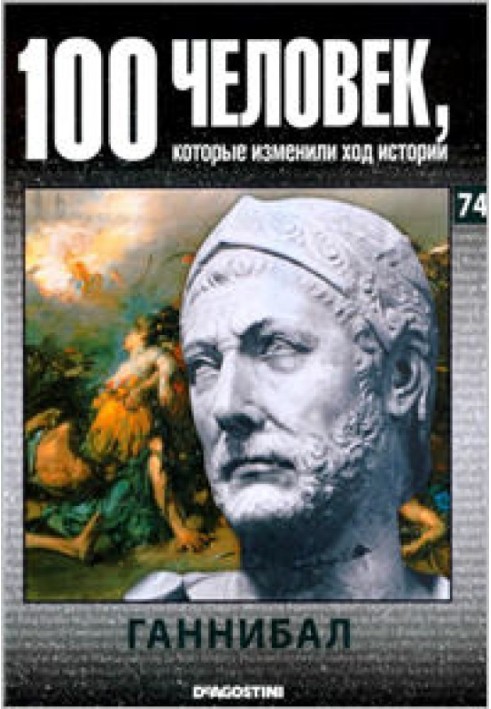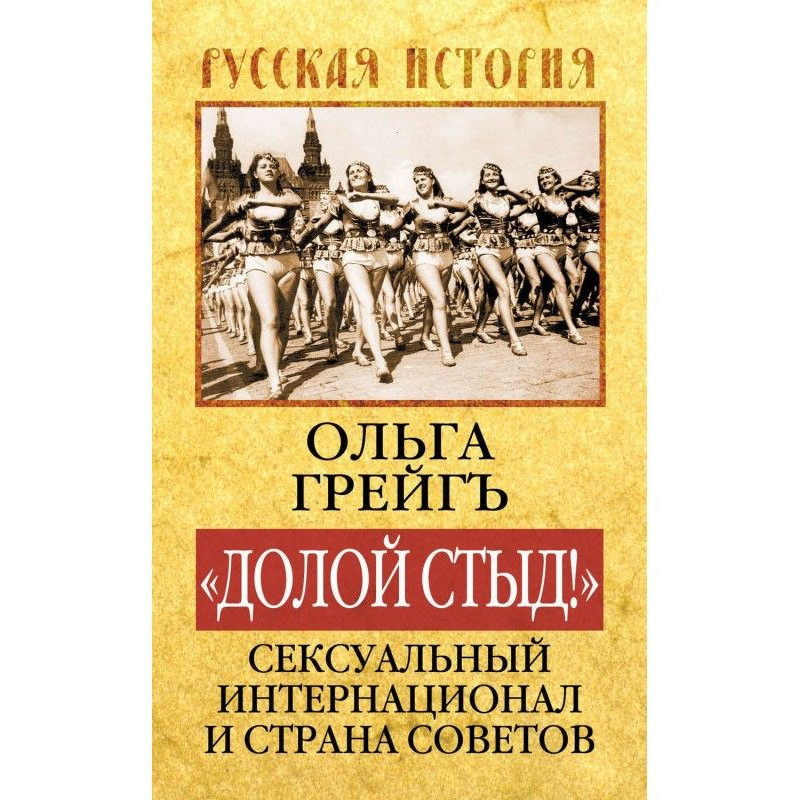Hannibal
 Instant download
Instant download
after payment (24/7)
 Wide range of formats
Wide range of formats
(for all gadgets)
 Full book
Full book
(including for Apple and Android)
Carthage in the 3rd century BC, along with Rome, was the most powerful state in the Western Mediterranean. It is not surprising that these powers began a long and stubborn struggle for primacy. Three wars took place, called the Punic. The Romans eventually gained the upper hand. But even many centuries later, their descendants remembered the Carthaginian commander Hannibal (247-183 BC), who terrified the inhabitants of Rome during the Second Punic War. This war lasted seventeen years and caused enormous damage to Rome: four hundred small and medium-sized Italian cities were destroyed, the population of Rome was reduced by a quarter. Roman proverb “Hannibal is at the gates!” expressed the greatest danger that can await people, and at the same time a call to be on guard. We know about the Carthaginian military leader exclusively from the words of Roman historians, and all of them spoke about their sworn enemy with constant respect and reverence. After completing his military career, Hannibal also showed himself to be a statesman. While occupying the position of praetor, he put finances in order, ensured urgent payments of the heavy indemnity imposed by the winner, and in general, in peacetime as in wartime, he rose to the occasion of his position. Having spent his entire life in battle, Hannibal was able to boldly, in a military manner, carry out a number of reforms, thanks to which Carthage again turned into a prosperous city. The thought of resuming the fight with Rome, however, did not leave him. Hannibal managed to persuade the Syrian king Antiochus to take up arms against Rome, hoping to persuade his compatriots to do the same, but the Carthaginian Senate decisively refused to wage war. Later, Hannibal became the head of an alliance between the Bethanian king Prusius and his neighboring rulers against the Roman ally, the Pergamon king Eumenes. Hannibal's actions against the enemy were still victorious, but Prusius betrayed him and entered into relations with the Roman Senate regarding the extradition of his guest. Having learned about this, 65-year-old Hannibal, in order to get rid of shameful captivity after such a glorious life, took poison, which he constantly carried in a ring. Thus died this man, equally brilliant as a warrior and a ruler, who, however, failed to stop the course of world history, perhaps because the ancient valor of Rome found in Carthage a selfish rival, unable to rise above the interests of the moment and seek solid foundations for state life in the depths of the people, and not in the mercantile calculations of the oligarchy. In Hannibal’s own words: “it was not Rome, but the Carthaginian Senate that defeated Hannibal.”
Data sheet
- Name of the Author
- Анастасия Жаркова Евгеньевна
- Language
- Russian
Reviews
Вражаюча історія про геніального полководця!
Книга "Ганнібал" - це неймовірно захоплююче читання, яке переносить нас у часи давнього Карфагену та Риму, де розгортається одна з найзначніших військових конфліктів в історії. Автор майстерно описує не лише військові стратегії Ганнібала, але й його політичні амбіції та внутрішні конфлікти. Читач має можливість зануритися в епоху, коли честь, слава та влада були на кону, і зрозуміти, чому Ганнібал став символом відваги та стратегії. Книга не лише інформативна, але й емоційно насичена, адже ми стаємо свідками боротьби великого воєначальника, який, незважаючи на свої перемоги, врешті решт зазнає поразки через політичні інтриги. Рекомендую цю книгу всім, хто цікавиться історією, військовими стратегіями та людською природою в умовах конфлікту!


























